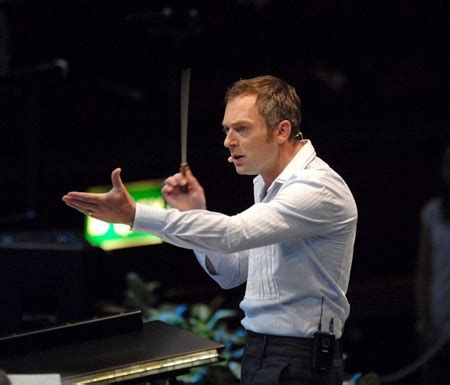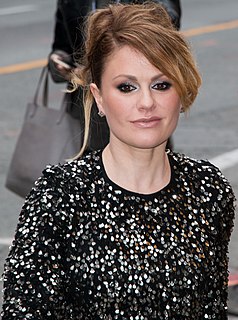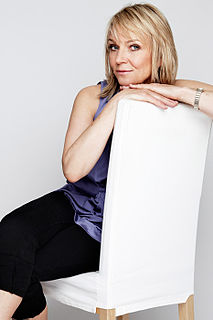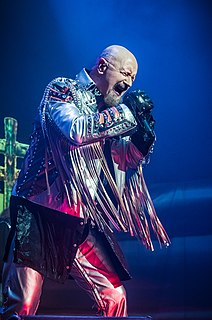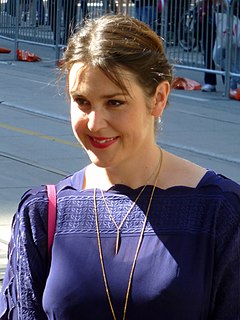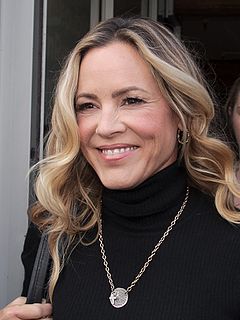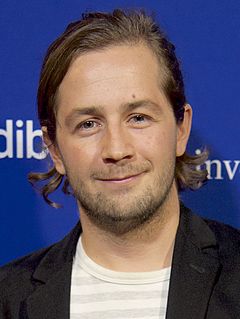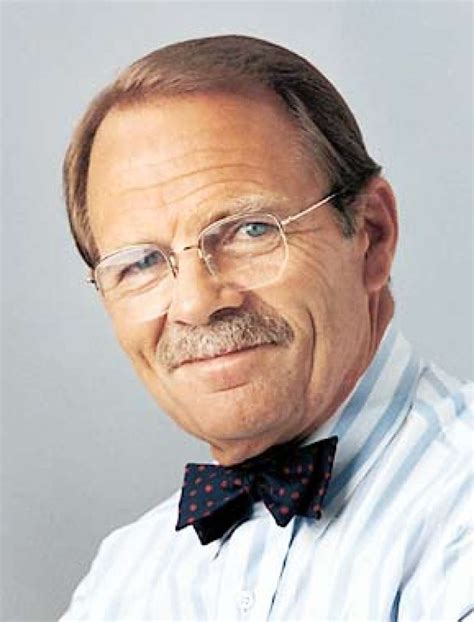A Quote by Douglas Adams
Really, the moment you have any idea, the second thought that enters your mind after the original idea is, "What is this? Is it a book, is it a movie, is it a this, is it a that, is it a short story, is it a breakfast cereal?" Really, from that moment, your decision about what kind of thing it is then determines how it develops.
Related Quotes
The way Fatboy Slim layers motifs is the same as 18th-century baroque counterpoint. You have an idea, then you have an answer to the idea in another voice, then you have a counter idea accompanying the original idea, and you build up your texture like that. I'm really into Kruder and Dorfmeister at the moment, and they do the same thing.
One of the greatest sins in any story is false suspense. The kind of 'suspense' that disintegrates the moment you give your reader one second to think about it. And it's an easy trap to fall into, so watch carefully for it. If your story hinges on the question, 'Will Superman be pushed so far in his battle against Lex Luthor that he'll have to kill him?', or if your big cliffhanger moment is, 'Wow, is Spider-Man really dead this time?', then I understand Food Lion is hiring.
[A]s soon as you try and take a song from your mind into piano and voice and into the real world, something gets lost and it's like a moment where, in that moment you forget how it was and it's this new way. And then when you make a record, even those ideas that you had, then those get all turned and changed. So in the end, I think, it just becomes it's own thing and really I think a song could be recorded a million different ways and so what my records are, it just happened like that, but it's not like, this is how I planned it from the very beginning because I have no idea, I can't remember.
Something else an academic education will do for you. If you go along with it any considerable distance, it will begin to give you an idea what size mind you have. What’ll fit and, maybe, what it won’t. After a while, you’ll have an idea what kind of thoughts your mind should be wearing. For one thing, it may save you an extraordinary amount of time trying on ideas that won’t suit you, aren’t becoming to you. You’ll begin to know your true measurements and dress your mind accordingly.
I feel like any actor should always be thinking about how to serve the story. The thing to be cautious of is trying to make too much of your "moment," or whatever. The story is a lot bigger than you, and you're there to help it along. The thing to think about is whether what you're doing is true to the moment and where the story's going, rather than going, "Here are my scenes. What can I try and do to make the most of them?"
I don't really have a method or a technical process. I studied [Sanford] Meisner, and that's the thing that really works for me. That sort of instinctual, in the moment, what the other actors do, working off them and letting the story unfold, as opposed to having an idea of what the story should be.
Do the stuff that only you can do. The urge, starting out, is to copy. And that's not a bad thing. Most of us only find our own voices after we've sounded like a lot of other people. But the one thing that you have that nobody else has is you. Your voice, your mind, your story, your vision. So write and draw and build and play and dance and live as only you can. The moment that you feel that, just possibly, you're walking down the street naked, exposing too much of your heart and your mind and what exists on the inside, showing too much of yourself. That's the moment you may be starting to get it right.
You can't assume if you do something contentious that people will be on your side. The moment violence enters the story, the story changes. Then the question is, "How do you face up to violence?" And then you have to have a no-compromise position. And this is quite simply a lesson we learn in the school playground.
'Paycheck,' I thought, was a really, really good idea. I never got an opportunity, unfortunately, to read the novel, but I loved the idea of how to deal with intellectual properties. I just don't know that we necessarily got to the heart of that particular idea. I think it became more of a chase movie than anything else.

